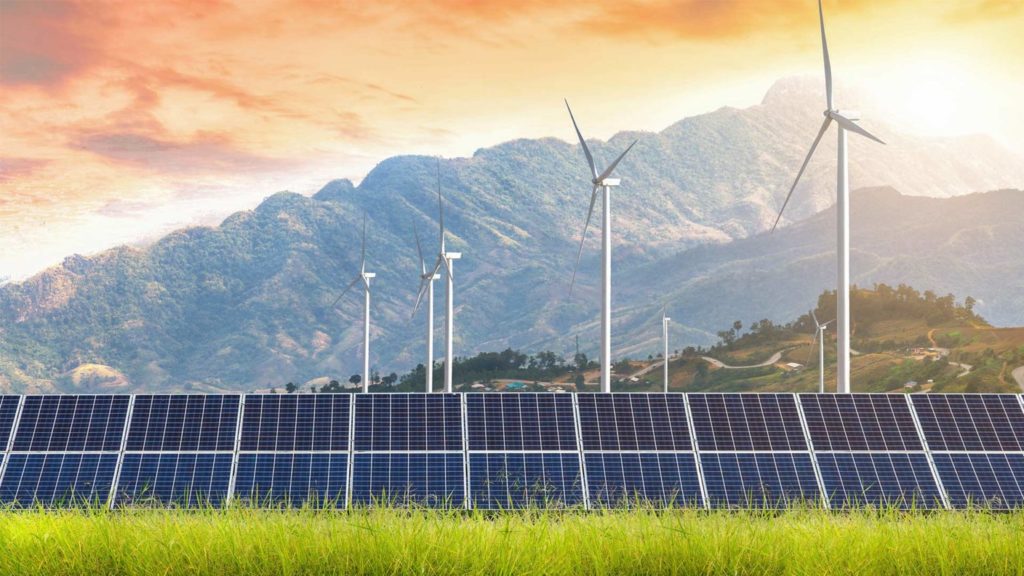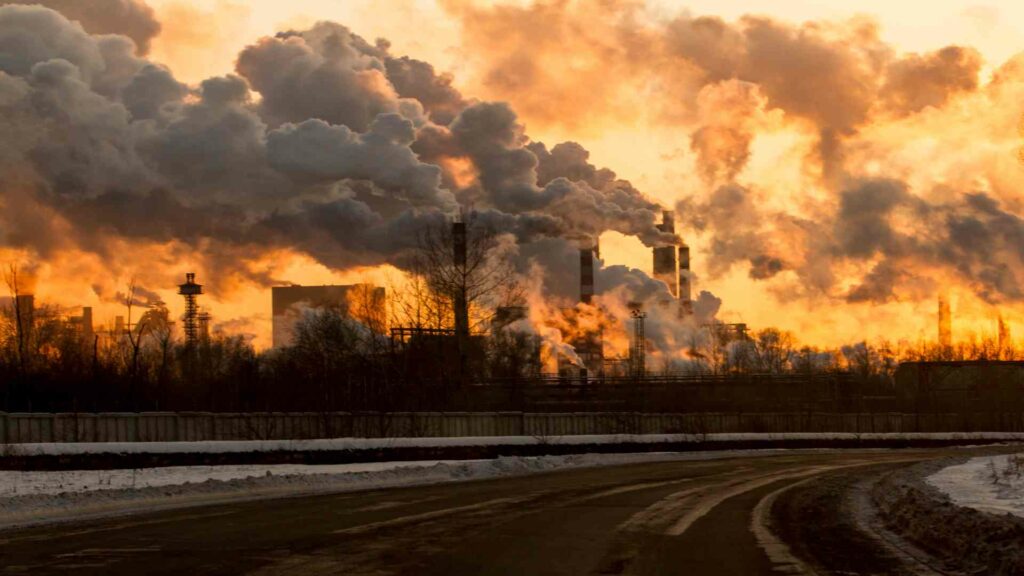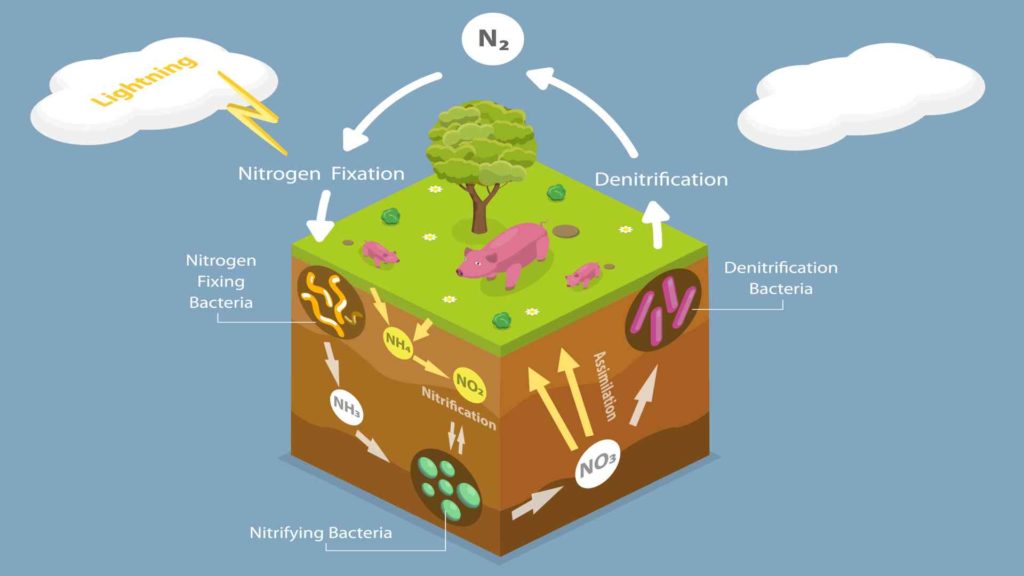Renewable Energy and Boron
We live in an era where many countries are striving to decarbonize their energy sources. The shift to boron renewable energy is happening at a faster rate than ever before. Some countries are making drastic moves, such as banning fossil fuels for residential heating by 2030. There is scope for exploration of what that means for utilities and power providers around the world. It also relates to how it affects the renewable industry and why it is so important now more than ever.

Power and Utilities
The Power and Utility sector is under pressure to move towards decarbonization. It is one of the leading sectors contributing to global CO emissions. Renewables are a rapidly growing area of interest in the world due to the high economic return on investment (ROI). They produce no greenhouse gas or air pollution and offer clean energy for all of us.
Decarbonization is achieved through power utilities by moving towards renewable sources such as:
- solar panels that produce zero GHGs during operation,
- wind turbines emitting little particulate matter into the atmosphere compared with coal plants,
- and biogas producing less GHGs than both coal and natural gas plants.
Renewables also have lower operational costs. It makes them competitive with fossil fuels even when there is a significant change in oil prices. Renewable energies are an attractive investment for power utilities and other similar industries. For example, the construction industry already leads the way towards renewable energy sources.

Role of boron in renewable energy
Boron is crucial in the decarbonization process of fossil fuels. Boron-based chemicals for fuel combustion are a promising method to reduce carbon dioxide emissions and non-CO2 greenhouse gas emissions. It reduces by more than 50% while retaining the energy content of the fuel. We can use Boron’s role as an effective co-catalyst in coal, natural gas, gasoline, and diesel systems. But it also works well with biomass like wood pellets and other organic materials.
Boron is often overlooked as an element to plays a critical role in decarbonizing the world. Boron has many properties, which makes it an excellent candidate for this purpose. It is non-toxic, doesn’t corrode, and can be mixed with other materials to form a compound. For example, borates help in fire retardants because they reduce flammability by slowing down flame spread. It makes them ideal for use on wooden structures such as buildings or ships.
They also can absorb heat without melting, thereby making them useful as insulators too. As you can see, there are many reasons why Boron should not be overlooked when it comes to reducing carbon emissions from industry and general heating.
Boron helps the renewable industry
Boron is an essential element of renewable energy. The use of other materials in the production process is reduced. Carbon emissions are decreased by using borates for insulation or fire-retardant purposes. Boron has many properties which make it a good candidate for this purpose. It plays a prominent role as we work to reduce our dependency on traditional methods like fossil fuels.
Why renewables is important
The renewable industry employs more people than any other energy sector. According to EWEA (European Wind Energy Association), wind power is now responsible for providing 400,000 jobs across Europe. IEA predicts that doubling renewable investment would create 24 million new green jobs worldwide by 2030. It equals about one-third of all jobs created over the same period. It includes manufacturing and installation-related positions both inside and outside of traditional industries like construction or automotive sectors, creating green buildings and livavble environments.

Renewable sources are clean and sustainable. They don’t pollute the environment or contribute to climate change. Renewable energy helps to create a more sustainable future. It achieves this by reducing our reliance on fossil fuels, which will reduce the number of greenhouse gases we emit.
It lowers carbon emissions which help to avoid some of the worst effects of climate change in the future.
Renewables are one solution to decarbonize today’s power sources through their falling prices. It is way better in comparison to traditional options like coal or natural gas.
Renewables’ role makes a difference in global warming. According to the International Energy Agency (IEA), emissions from electricity generation have been cut by about 40% since 2000. It is equivalent to taking all of Russia’s carbon dioxide (CO) emissions off the table. It is possible because renewables are much cleaner when it comes to generating power for our daily lives. Solar panels produce no air pollution, while wind turbines emit very little CO or particulate matter into the atmosphere.
Renewables are not as vulnerable to global economic downturns or oil price spikes because they have a much lower operational cost. So even if the energy prices shift dramatically, this option will always be competitive with fossil fuels in terms of affordability.
Challenges faced by the sector
The main challenge is the need for innovation and flexibility. It should have flexible policies, legislation, regulations, and market design to encourage low carbon power production. Additionally, there should be an adequate infrastructure build-up to support a 100% renewable future. It includes building new high voltage grids with robust connections across regions that are currently isolated from one another, for example, in Africa, where there is still so much potential but no access at all.
It will require governments around the world to work together on a global scale. It is vital because it has such significant implications for both our energy system and economy. The results are how we generate electricity or fuel cars, develop technologies, and create jobs.
Ultimately though, this opportunity leaves us feeling optimistic about the future of solar and wind in the developing world.
Opportunities for Renewable energy
There are opportunities everywhere, from the way we cook our food or heat our homes.
Decarbonizing the global economy is a massive job, but it is also an opportunity to work together. The groups that will benefit most immediately are those in poor communities around the world. It helps out people who have been suffering from pollution and environmental injustice for decades. It would mean cleaner air, better health, and more jobs.
But if we’re going to decarbonize at scale, it means tens of billions of people are having access to clean energy. It is rather than just our current billion or so. Then there needs to be a concerted effort on behalf of governments and businesses alike. More research funding into renewable technologies like solar cells and wind turbines is necessary. It is essential along with more significant policy changes worldwide that encourage investment in renewables.




